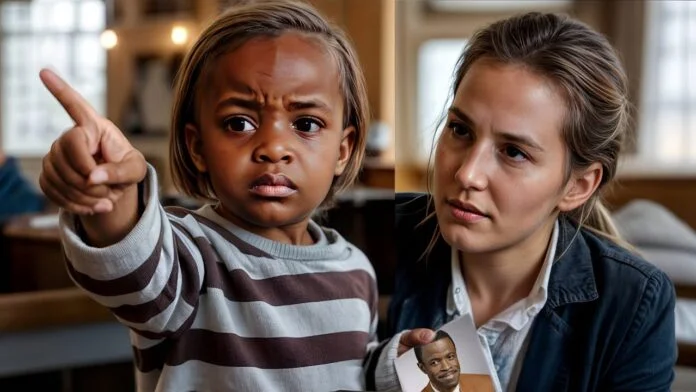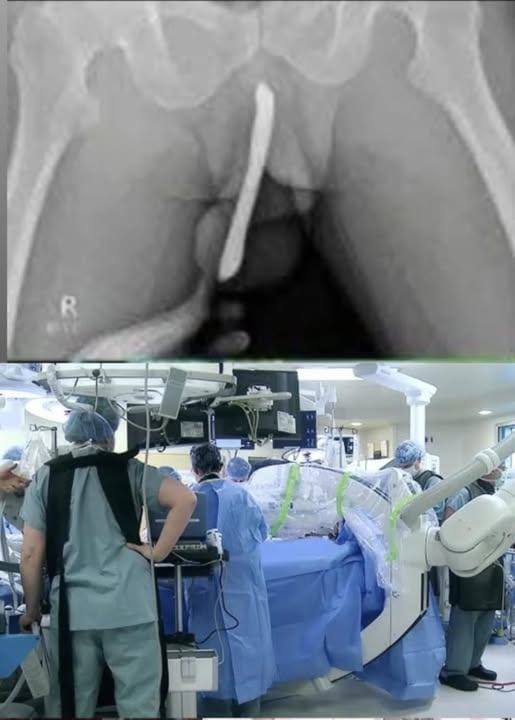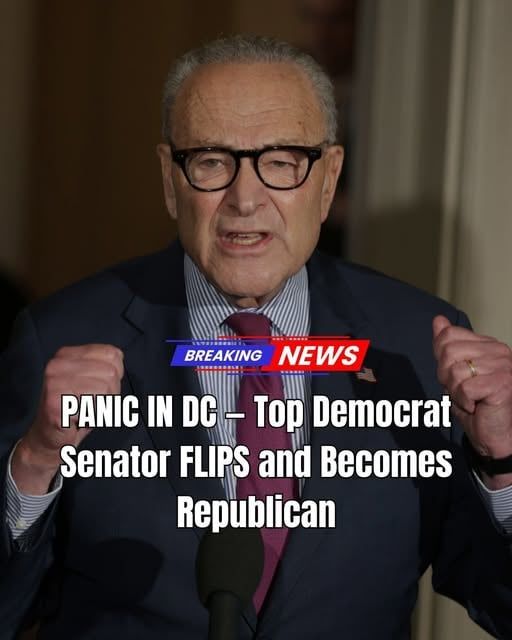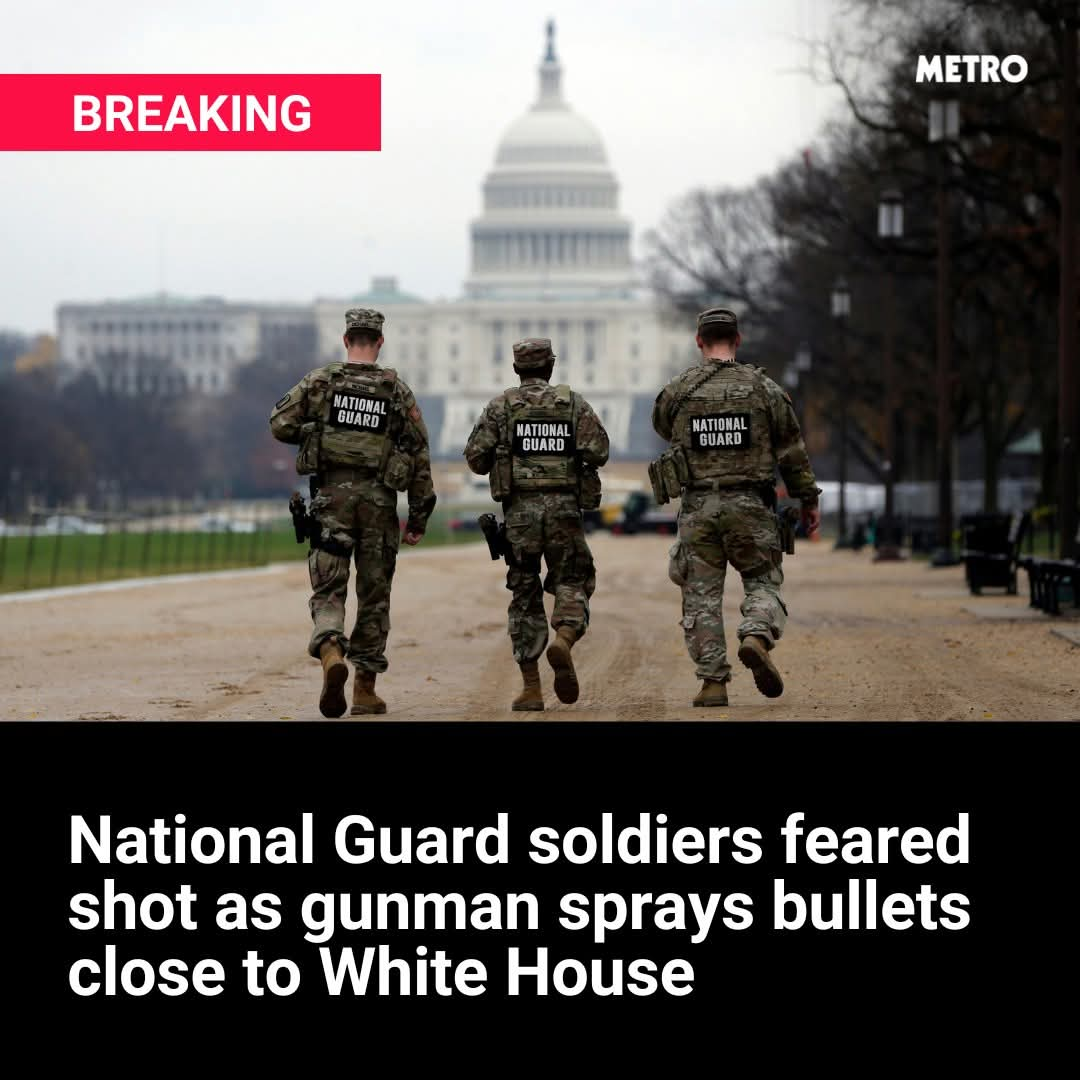A routine afternoon outing turns into a haunting reunion — and a journey into the shadows of love, loss, and impossible questions.
It was supposed to be just another quiet Saturday.
Since the passing of my husband, Andre, two years ago, I’ve worked hard to keep things steady—especially for our daughter Naomi, who was only three when her world turned upside down. Our Saturdays had become sacred: a simple lunch together at a sunny little café near the university where I teach literature. A moment of peace in a life that often felt cracked at the edges.
On this particular Saturday, the sun spilled golden through the café windows. Naomi, now five, sat across from me in her favorite pink hoodie, absently doodling stars on a napkin. She was always artistic—delicate in her emotions, but frighteningly perceptive. Too perceptive, sometimes.
We had just ordered when she stopped mid-doodle. Her crayon hovered above the napkin, her gaze frozen. “Mom,” she whispered, “that waiter looks just like Daddy.”
My breath caught. My entire body went still.
I turned slowly, afraid of what I might see—or not see. And there he was.
Tall. Lean. Familiar in the kind of way that made your heart twist in your chest. He wore a simple black apron, carried a tray with water glasses, and moved with a grace I knew by heart. His skin, the exact shade of Andre’s. His eyes, kind. His jawline—sharp, unmistakable.
And then I saw it.
The scar. Just beneath his left ear.
Andre had gotten it in college—during a rough football game and a too-late tackle. He’d joked about it for years. And there it was, clear as day.
I blinked hard, convinced I was hallucinating. After all, Andre had died in a car explosion on a Nevada highway. They never found a body—only twisted wreckage, burned debris, and a few personal items. Dental records confirmed the identification. I signed death certificates. I held a funeral. I held my daughter as she screamed for her father, and I screamed too—though silently, on the inside, where no one could hear me break.
But there he was.
“Are you sure?” I asked Naomi, hardly recognizing my own voice.
She nodded solemnly. “It’s him.”
I stood, told Naomi to stay put, and walked toward the back of the café.
I made my way past the kitchen sign, angling closer to where the waiter stood speaking to a table. His voice—a soft murmur—slid into my ear like a melody I hadn’t heard in too long. “Would you like water with lemon?” he asked.
It was Andre’s voice.
I stepped forward, heart hammering in my chest. “Excuse me,” I said. He turned, eyes meeting mine.
They were his.
“Do I know you?” I asked, almost breathless.
He smiled politely, like I was any other customer. “I don’t think so. Must be one of those faces.”
I stared at the scar. “You have a scar there,” I pointed.
He touched it casually. “Yeah, high school accident. Dumb football tackle.”
No. Andre had never played football in high school. Only in college.
“You’re lying,” I whispered, my voice shaking.
He stepped back slightly. “Is everything okay, ma’am?”
I couldn’t speak. Couldn’t think. I stumbled back to Naomi, grabbed her hand, and left without saying another word.
The world outside looked the same, but nothing felt right.
In the car, I buckled Naomi in and began driving aimlessly. My hands were trembling on the wheel. Was it possible? Had I grieved the wrong man? Could someone disappear from your life for two years—intentionally?
That night, I stared at the ceiling, unable to sleep. Naomi, curled beside me, whispered in the dark, “Was it really Daddy?”
I didn’t answer.
The next morning, I went back to the café. Alone.
But he wasn’t there.
I asked the hostess, described the waiter in as much detail as I could. She furrowed her brow. “I’m sorry, ma’am. No one like that works here.”
I showed her a photo of Andre. She shook her head. “No. Never seen him.”
I felt like I was losing my mind.
That evening, I emailed the café’s general contact:
“Hello, I visited your restaurant today and believe I recognized someone on your staff. Tall, African American, scar near his left ear. Possibly goes by Andre. Could you confirm his employment?”
The auto-reply came within minutes: “Thank you for contacting Hollow Pine Bistro. We’ll respond within 24–48 hours.”
I didn’t sleep that night either.
But the next day, something even stranger happened.
The email reply arrived: “We have reviewed shift logs and security footage from your visit. No employee matching your description appears in our records.”
I stared at my phone in disbelief. He was there. Naomi and I both saw him. And now he was gone, as if he never existed.
I needed answers. And so, for the first time in my life, I hired a private investigator.
Mara Donovan didn’t flinch at my story. She simply said, “You’re not crazy. People fake deaths more often than you’d think. Let me dig.”
Three days later, she called. Her voice was quiet, steady.
“I found him.”
Those three words knocked the breath out of my lungs.
“He lives in Ogden, Utah,” she said. “Goes by the name Julian Marsh. The documents are fake. He works off the books, no digital footprint. Keeps to himself. Doesn’t even own a cell phone. But…”
She paused. “He wears a wedding ring.”
My hands curled around the phone. “He’s still pretending to be married to me?”
She sent me the address.
The next day, I dropped Naomi at my sister’s and drove six hours straight.
The house was small, neat, tucked against the Utah hills. White porch, quiet neighborhood. No doorbell. I stood there for a long time before knocking.
And when the door opened… there he was.
Alive. Real.
He looked older. Tired. But it was him.
“Carla,” he said, like a man waking from a coma.
I slapped him across the face.
“You let me grieve you. You let our daughter grow up without you,” I said. “You let me bury ashes that weren’t even yours.”
He stood still, hand to his cheek. “I didn’t plan this.”
He told me everything.
That Vegas trip? It wasn’t just a business deal. A friend of his was in deep with dangerous people. Andre got involved, tried to help, and ended up as a target.
“They ran me off the road,” he said. “I escaped the car before it caught fire. When the news said I was dead, I thought… maybe that was safer.”
Safer.
“I watched from a distance. I made sure you were okay. I never stopped loving either of you.”
“But you stopped being our family,” I snapped. “You chose to disappear. You chose fear over us.”
He lowered his head. “I thought I was protecting you.”
“You were protecting yourself,” I said.
He asked, “Does she know?”
“She saw you before I did,” I replied.
He wept into his hands.
“I want to see her.”
“No,” I said. “You don’t get to want anything. You get to earn it.”
I left. Not because I didn’t love him. But because love without trust is a hollow thing.
Back home, Naomi curled up beside me. “Was it really Daddy?” she asked again.
I nodded. “Yes, baby. But he made a big mistake.”
She was quiet for a long time. “I hope he comes back,” she whispered. “I miss his giraffe jokes.”
I kissed her forehead. “Me too.”
Three weeks later, a letter came in the mail.
It was from Andre. No begging. No excuses. Just a promise.
“I will spend every day trying to fix what I broke. I don’t expect forgiveness. I only ask for a chance to be present. If Naomi ever wants to see me, I’ll be waiting.”
I folded it and tucked it into a drawer.
Not for me.
For her.
Because this was never just a story about betrayal or vanishing or fear. It was about a little girl who looked into a stranger’s face and knew. And about a mother who finally understood that grief doesn’t always end in silence—sometimes, it ends with a second chance.



